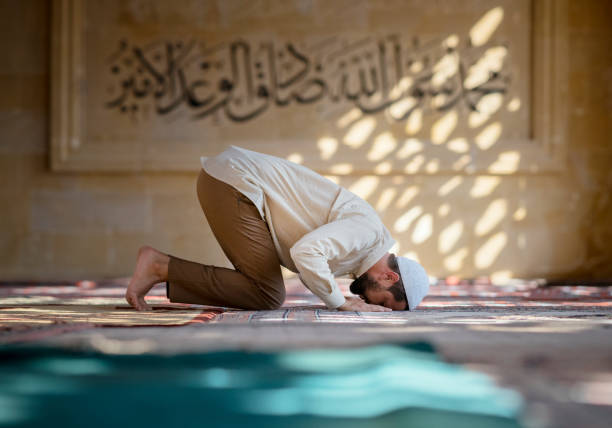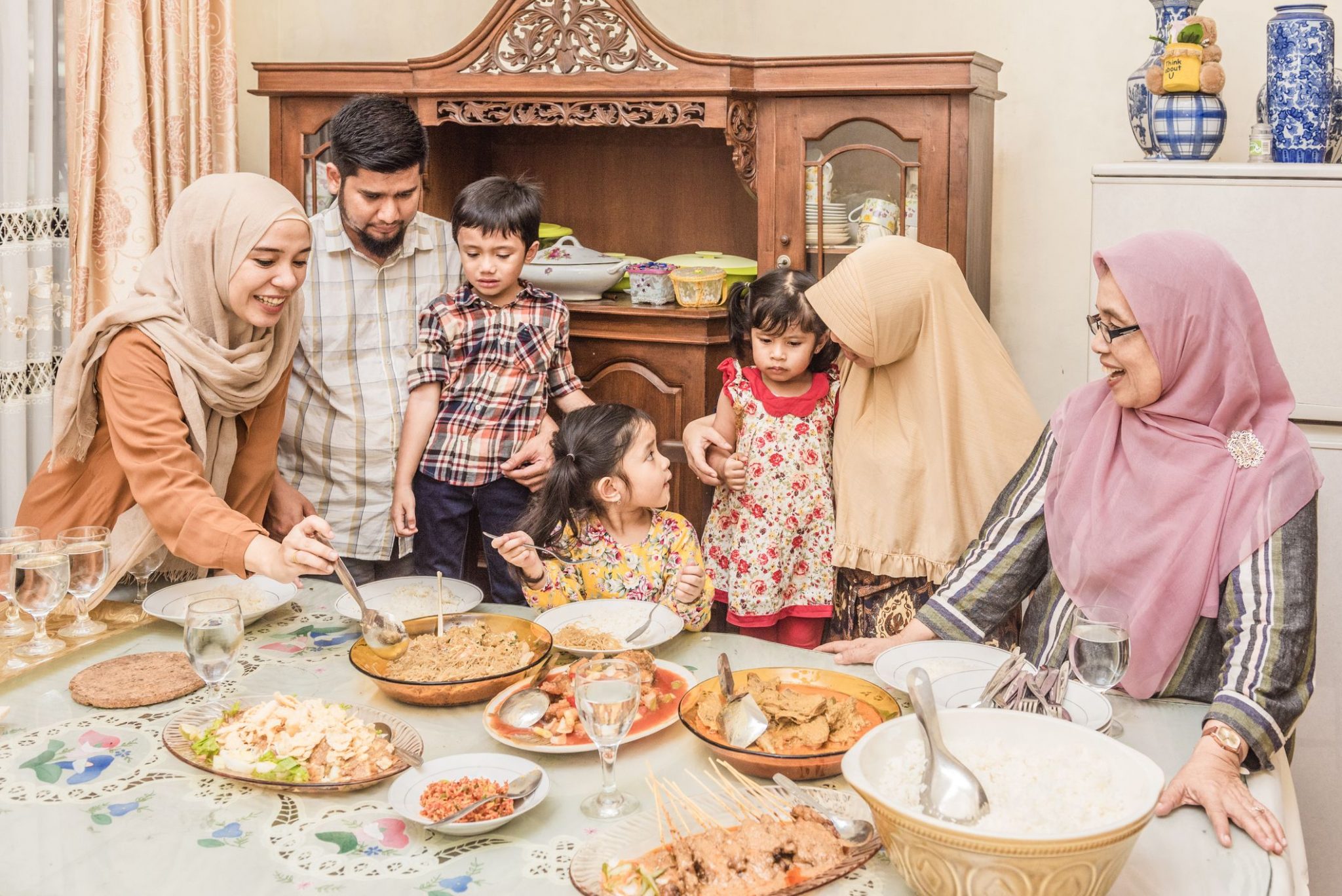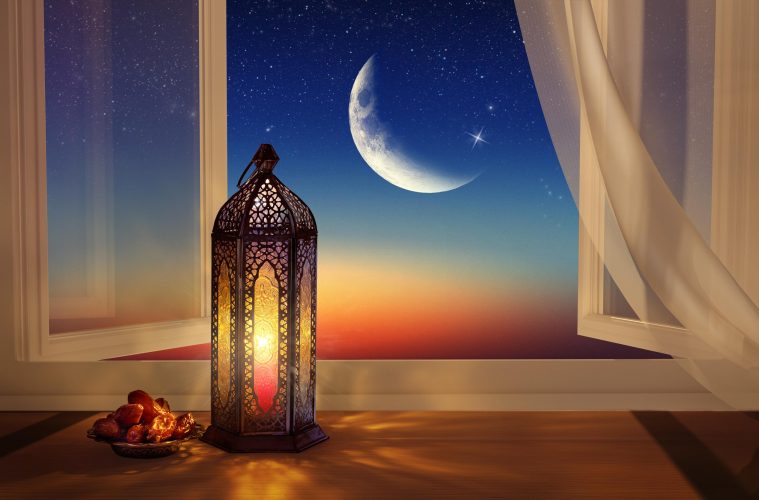Ramadan in Islam is the ninth month of the Muslim calendar and the holy month of fasting. It begins and ends with the appearance and then sight of the crescent moon.
Fasting is something people from other religions are familiar with, but there are other aspects of the holy month individuals may not know about. There are various other religious events, community parties, and other joyous events such as “moonsighting.”
Muslims also take time to pray, reflect, and connect with others in their community. It’s a time of the year where religious activities, as well as a means to work on your personality to become a better human is the number one priority.
Here’s what you need to know about Ramadan.
What is Ramadan?
Ramadan celebrates the creation of the Quran, which is the holy book for people who practice the Islamic faith. It is a holy month of fasting, worship, and prayer. Muslims believe that the prophet Muhammad received pious revelations directly from God, which were collected and written. This became the holy book of Quran.
A passage in the Quran explains, “The month of Ramadan is the one in which the Quran was revealed as guidance for mankind, and as clear signs that show the right way and distinguish between right and wrong.”
Ramadan is also a time to celebrate a time for a clean start. It’s a time of hope, renewal, and a clear conscious. Muslims look to rejuvenate themselves where they turn to God and ask for forgiveness and blessings. The end-goal is to come out of it with a ton of hope and continuing the good habits even after the holy month has ended.
You can eat as much as you want until the Fajr prayer. The prayer starts a few hours before sunrise. Muslims open their fast around sunset.

Muslim man is praying in mosque
When do Muslims Celebrate Ramadan?
The Islamic calendar is based on the lunar cycle, which means that the beginning of each new month starts on the new moon. Ramadan takes place in the ninth month of the Islamic calendar, but because of the lunar cycle, the specific dates for Ramadan vary year to year. Usually, every year Ramadan falls 10 days before the start of the previous year. For example, it started on the night of April 11, which means it started on the 12th. This year, the start of Ramadan took place on the night of April 1, meaning it began on April 2.
Why do people fast during Ramadan?
Healthy adult Muslims fast during daylight hours. As part of the fast, they abstain from all food, drink, and sexual activity. You can’t chewing gum either. Fasting falls under one of the Five Pillars of Islam, which are one of the core beliefs and practices that construct the religion.
In a piece about Ramadan written for Vox, Muslim writer Jennifer Williams explains: “The practice of fasting serves several spiritual and social purposes: to remind you of your human frailty and your dependence on God for sustenance, to show you what it feels like to be hungry and thirsty so you feel compassion for (and a duty to help) the poor and needy, and to reduce the distractions in life so you can more clearly focus on your relationship with God.”
All forms of immoral behaviour, including impure or unkind thoughts, cursing, and bad deeds can be a result of the fast breaking the wrong way.
There are also some non-Muslims that take part in fasting to sympathize with Muslims, and to support them as well.

Image Credit: womansday.com
When are Muslims Exempt from Fasting?
Certain groups are free from fasting during Ramadan. These groups include children who have not reached puberty, the elderly, those who are physically or mentally incapable of fasting, pregnant women, breastfeeding mothers, women that are going through menstruation, and people who are traveling. If you lose a day of fasting, you can make it up when the month of Ramadan ends.
The End of Fasting: Eid
The end of Ramadan is celebrated as Eid-Al-Fitr, the “Feast of Fast-Breaking,” This is one of the two major religious holidays of the Muslim calendar. During this holiday, Children wear new clothes, women dress in white, special pastries are baked, gifts are exchanged, the graves of relatives are visited, and people gather for family meals and to pray in mosques.
Published by: HOLR Magazine.


